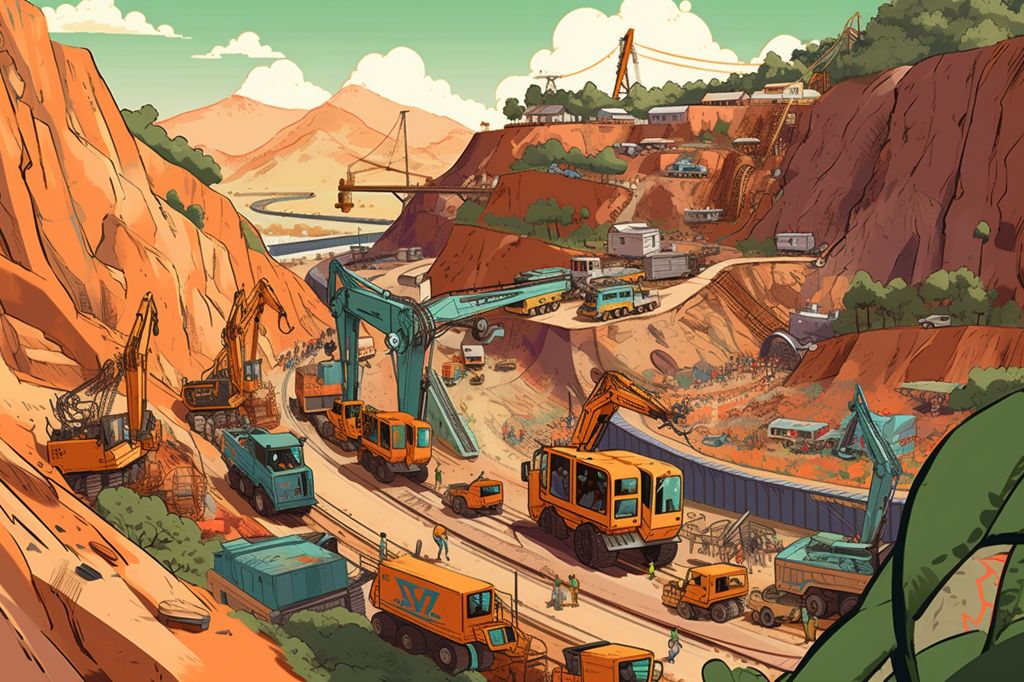After a period of uncertainty, the construction project for the road between Molelema and Matsheng in Taung is finally set to resume. This project brings new opportunities for economic growth and development in the region.
Resolution of the Conflict
The project had been put on pause due to a disagreement between the Department of Public Works and Roads and the contractor. Fortunately, both parties have worked tirelessly to resolve the conflict. This is a result of extensive discussions focused on improving service delivery.
Importance of Quick Resolutions
MEC Molapisi emphasized the importance of finding quick resolutions for any disputes that may arise between contractors and the department. Doing so will prevent unnecessary delays and ensure projects like this one finish on time, benefiting communities that rely on the new infrastructure.
New Job Opportunities for Local Residents
With a revised timeline of eight months, the road construction project is set to transform the area, providing not only improved transportation options but also new job opportunities for local residents. Small, medium, and micro-sized enterprises (SMMEs) will be among the most significant beneficiaries of this project, as they will be able to tap into the fresh employment possibilities.
Call for Collaboration
MEC Molapisi has called upon all stakeholders to take responsibility for the project’s timely completion. He urged everyone involved to act as enablers rather than obstacles, ultimately protecting the region’s infrastructure for the betterment of the community.
Positive Impact on Social and Economic Development
The road construction project will have a positive impact on the region’s social development. An improved transportation system will facilitate better access to essential services such as healthcare, education, and emergency services, leading to an overall improvement in the quality of life for the people in the area. Furthermore, the improved transportation infrastructure will likely attract more businesses and investors to the region, boosting the local economy.
Importance of Collaboration
This project serves as an excellent example of the importance of cooperation and collaboration among various stakeholders, including the government, contractors, and community members. By working together, they have managed to overcome challenges and disagreements to ensure the timely completion of the project and bring about significant positive changes for the region.
As the road construction project from Molelema to Matsheng in Taung resumes, it is essential for all stakeholders to continue working together and prioritizing the well-being of the community. This collaborative approach will be key to ensuring that the project is completed successfully and that the people in the region can reap the numerous social and economic benefits that the improved infrastructure will bring.











